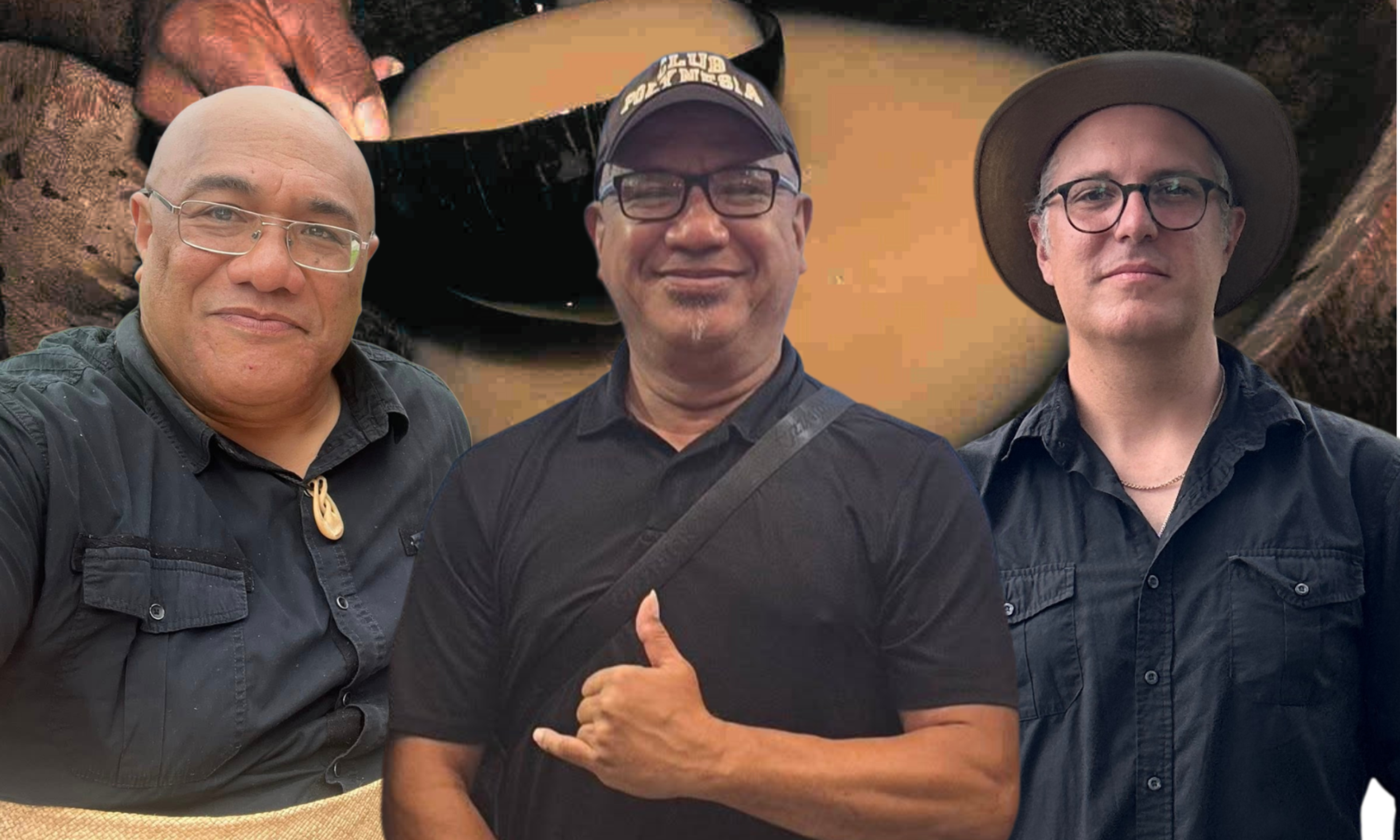
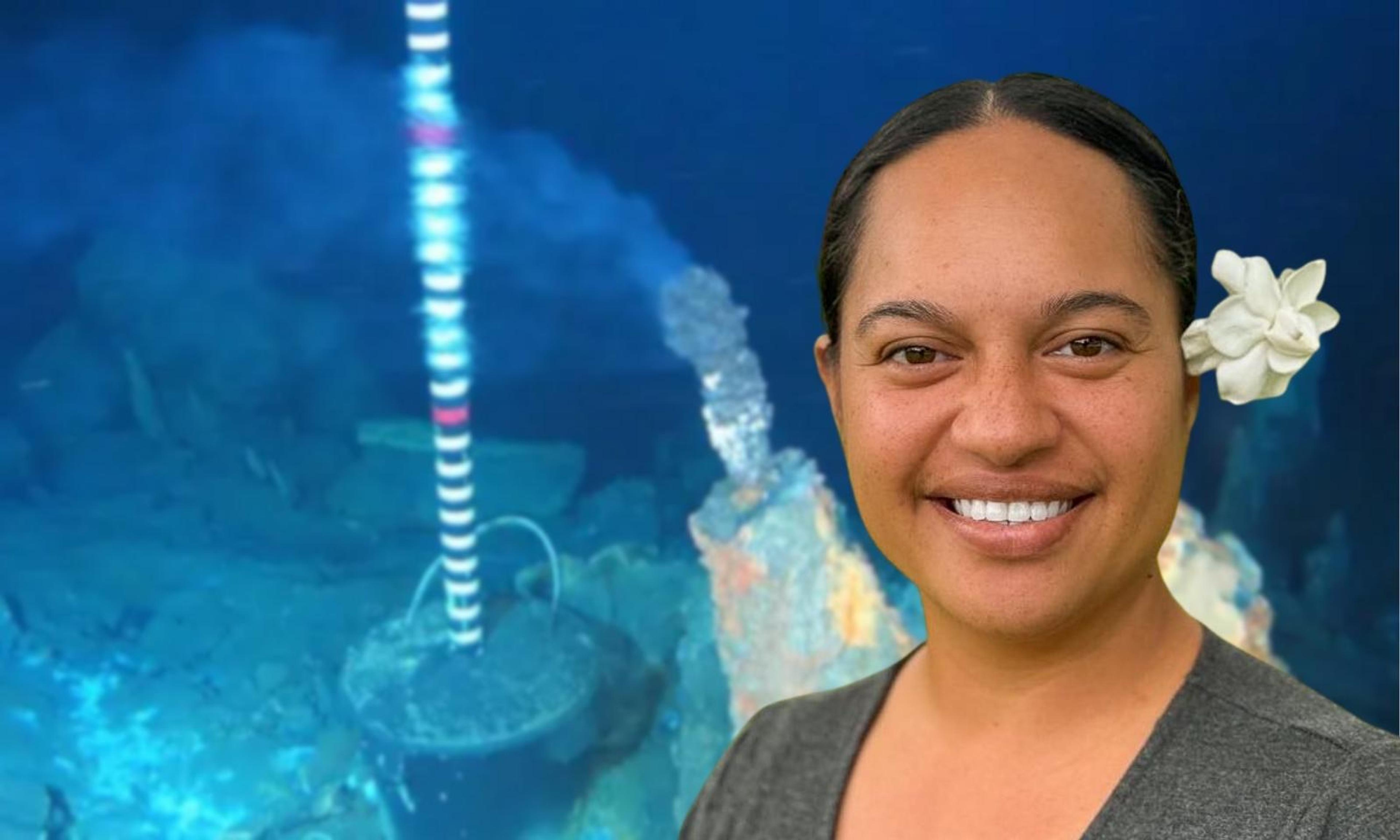
Louisa Castledine says the economic promise of deep sea mining is a “misrepresentation” of its consequences.
Photo/SPREP/Instagram
'Not ambitious': Cook Islands deep sea mining faces cultural backlash
Environmental advocate Louisa Castledine warns mining threatens food security and identity, urging investment in local industries over foreign reliance.

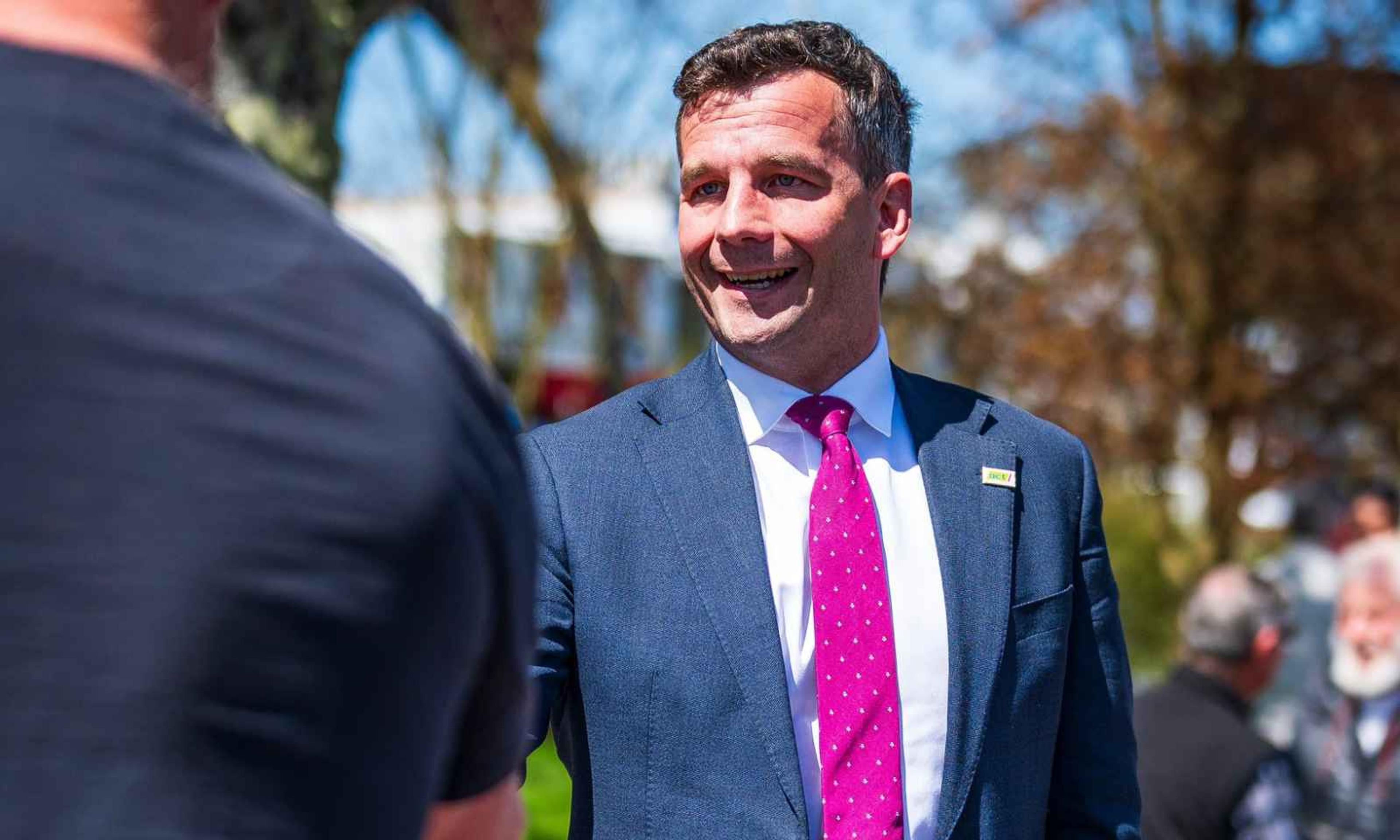
Pacific child poverty rises as Deputy PM points to economic growth as solution
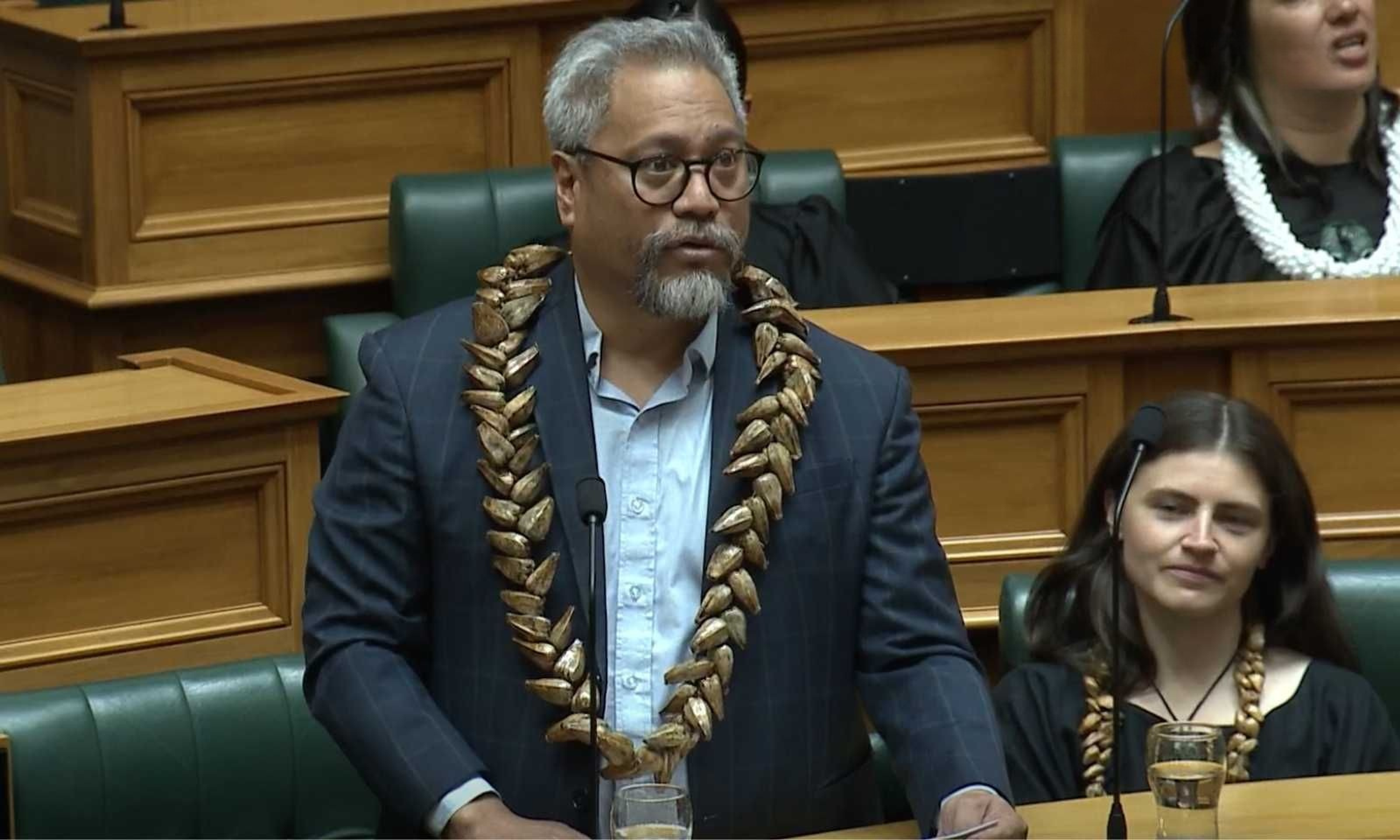
Green MP says the proposed immigration changes risks reigniting Dawn Raids trauma
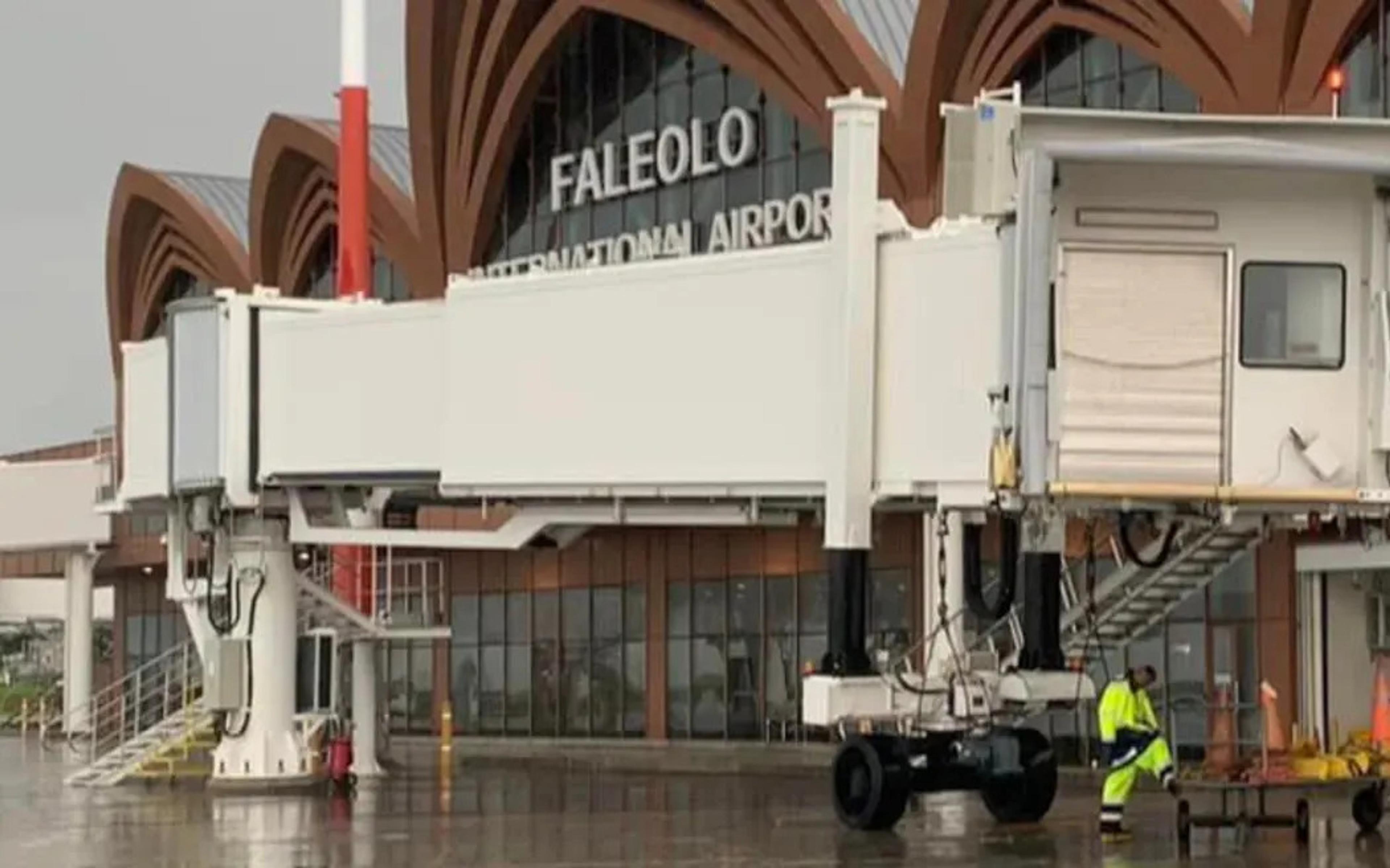
'I don't want to travel anymore': Sāmoa government urged to reconsider fee hike

Pacific leaders back NZ kava reforms but warn of risks for smaller businesses in Tonga

Pacific child poverty rises as Deputy PM points to economic growth as solution

Green MP says the proposed immigration changes risks reigniting Dawn Raids trauma

'I don't want to travel anymore': Sāmoa government urged to reconsider fee hike
An environmental advocate urges the Cook Islands to halt deep sea mining, warning it endangers the environment and the nation's cultural identity.
The Cook Islands government is exploring the extraction of seabed minerals, aiming to capitalise on the potential billions generated from mining polymetallic nodules that contain cobalt, nickel, and other metals used in green technology.
Speaking to William Terite on Pacific Mornings, Louisa Castledine from the environmental group, Ocean Ancestors, argues that this economic promise is a “misrepresentation”. She adds that deep sea mining has not been trialled or tested adequately.
“It is a costly exercise and our resilience as a country and prosperity around economics is reliant on mining companies being profitable. That is not sovereignty or having autonomy over our ocean resources. That's us increasing our dependency on the profitability of foreign mining companies,” Castledine says.
“It's not a trajectory or a future that I foresee for our people, and it's not one that I hope will progress in our country. As we understand ourselves to be guardians of our ocean, mining our deep sea is in total contrast to that whole identity that we are stewards and guardians of our oceans.”
Her concerns echo growing calls for a moratorium on seabed mining, with 37 governments and major financial institutions demanding a pause until environmental and legal risks are fully understood.
Cook Island locals gathered last month for the Defend the deep family day out in support of a moratorium on seabed mining:
Public consultations in the Cook Islands reveal unease among residents in Ngaputoru islands, who are questioning mining companies about the potential impact on fish stocks, which are critical to local livelihoods.
“For the first time, our values are being challenged in a way we never have before, because now we are being challenged between economic prosperity, but also contradictory to who we are as Pacific.
“It’s a challenge between our cultural identity, our stewardship, guardianship, all that we value versus an imperial and economic mindset. We don't normally trade away who we are for the sake of the dollar. We're trading our food security and what belongs to our future generations for a quick buck.”
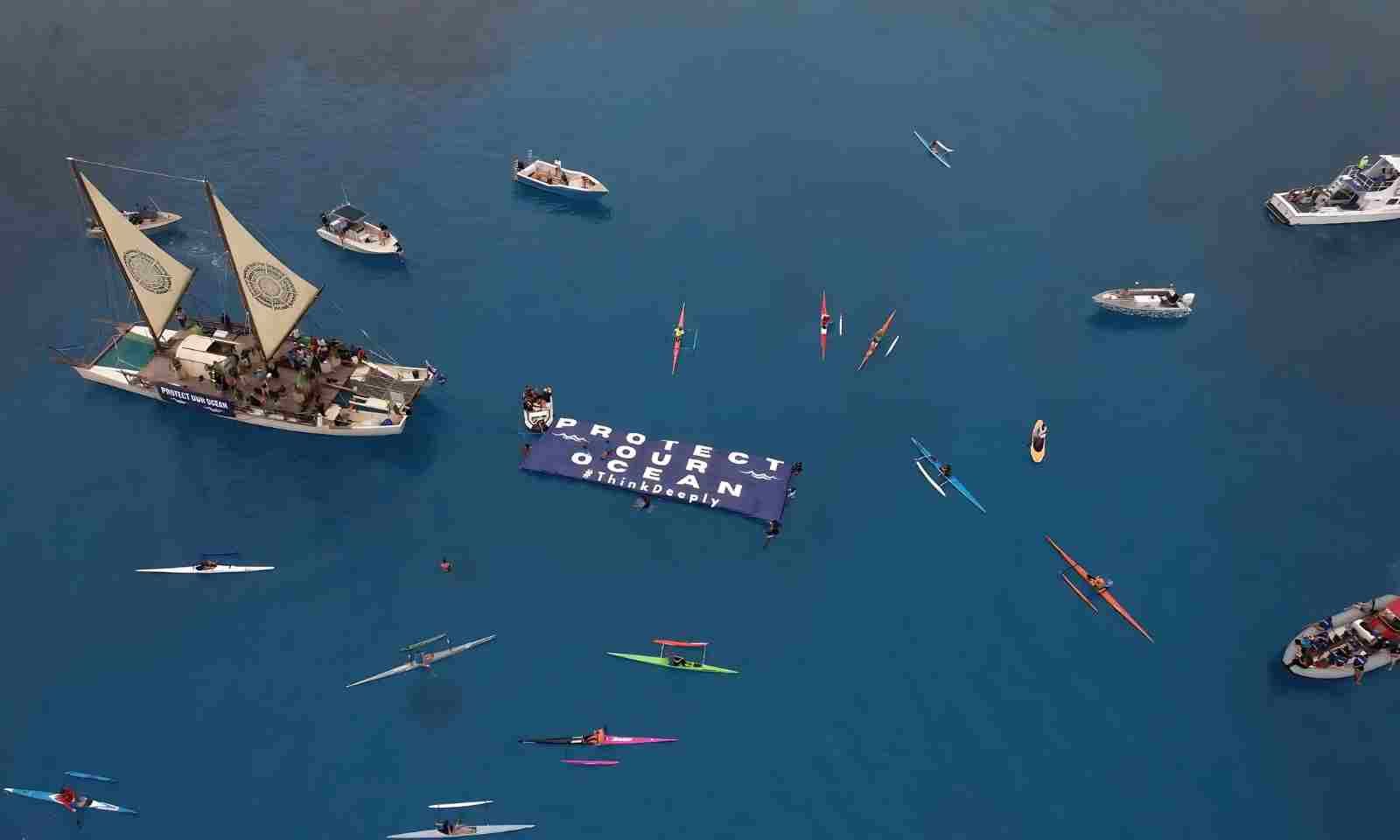
Ocean Ancestors’ organised the Protect Our Ocean deep-sea mining protest in Avarua Harbour last year. Photo/Facebook/Marumaru Atua - Cook Islands Voyaging Society
The debate has amplified amid scrutiny of The Metals Company (TMC), which the International Seabed Authority (ISA) has launched an inquiry into potential non-compliance with exploration rules. Legal experts warn that similar contracts could expose Pacific nations to environmental and legal liability.
Castledine says the Cook Islands should invest in industries that align with their cultural and ecological values. She says doing so reinforces their country’s “full autonomy”, and exemplifies true ambition and economic resilience.
“If we had invested in building a fisheries industry where we own the wealth creation, we are the sole employers around how we manage that, and taking charge of the entire value chain, that to me is ambitious. Ambitious is also a no-take policy.
“How do we create wealth off of the idea that our oceans possess ultimate wealth, but we exercise restraint, we exercise who we say we are, which is guardianship and stewardship. It is not ambitious to have a foreign company come in, mine our oceans, take and extract our fish, and we are left with the crumbs.”
Watch Louisa Castledine’s full interview below.
Castledine criticises Prime Minister Mark Brown’s approach to this contentious issue, saying he is “avoiding accountability at all costs”. She says from a cultural standpoint, the government is neglecting the importance of collective decision-making on matters like these, rather than leaving it to a select few.
“Our people are very trusting, and we rely heavily on our word. When we give our word and we give our yes, we expect that you nurture it, that it's given to you wholeheartedly and trust and confidence. When you breach that, that builds walls and it creates disconnect.
“What we see playing out is a government who is stuck on a potentially ambitious legacy that leaves us people in the dark and isn't consultative with us at all. We’re concerned that we are not part of the equation when we are the greatest stakeholder in all of this, because it is us who will live with the consequence of today's decisions.
“It’s our future generations that will inherit an ocean that has severance to ancestry, but also ultimately is hurting more than ever. We need to be wiser about how we vote and how we give our trust to those who essentially exploit it.”